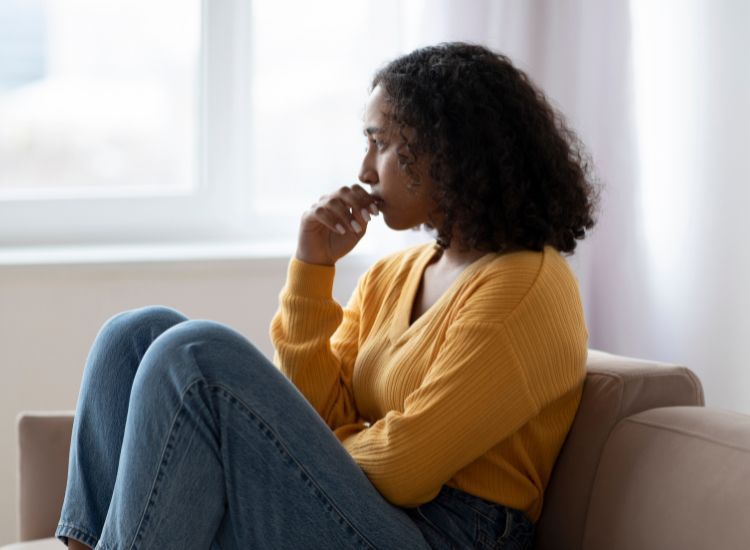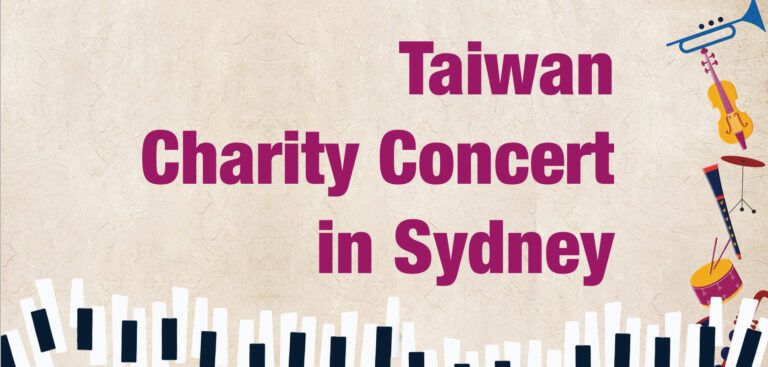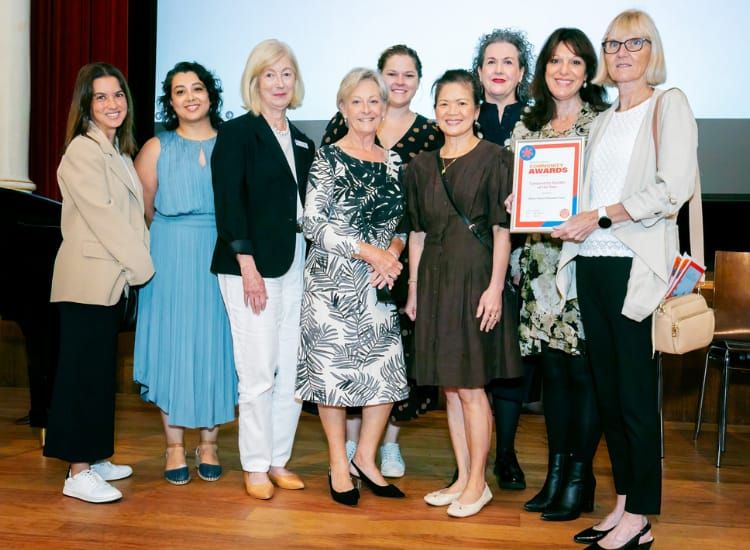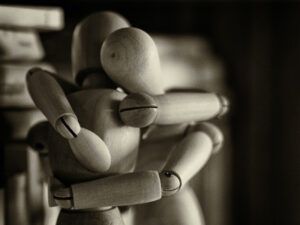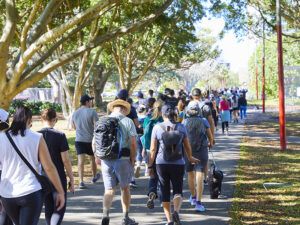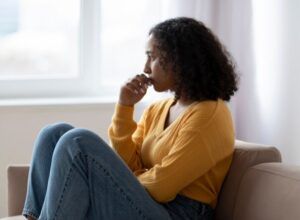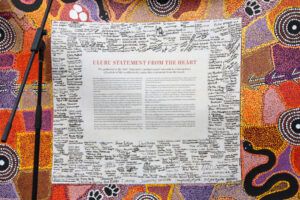If you are in danger call 000
Call Mary’s House Services on 1800 002 111
Call 24hr NSW Domestic Violence Line on 1800 65 64 63
Call Lifeline on 13 11 14
News & Media
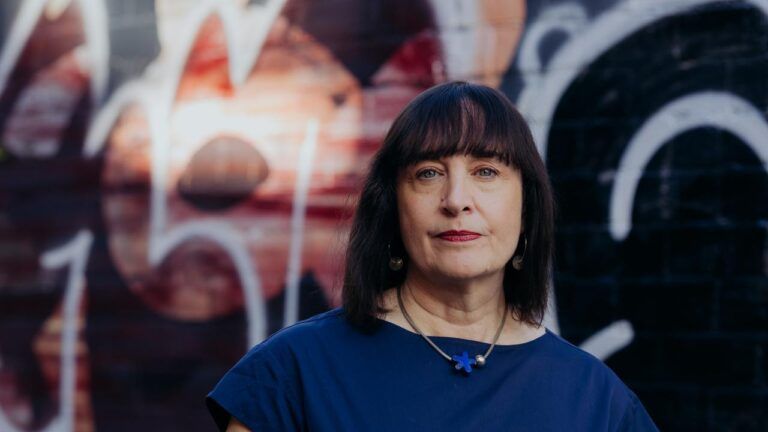
In a groundbreaking initiative aimed at addressing Sydney’s critical emergency housing shortage, empty...
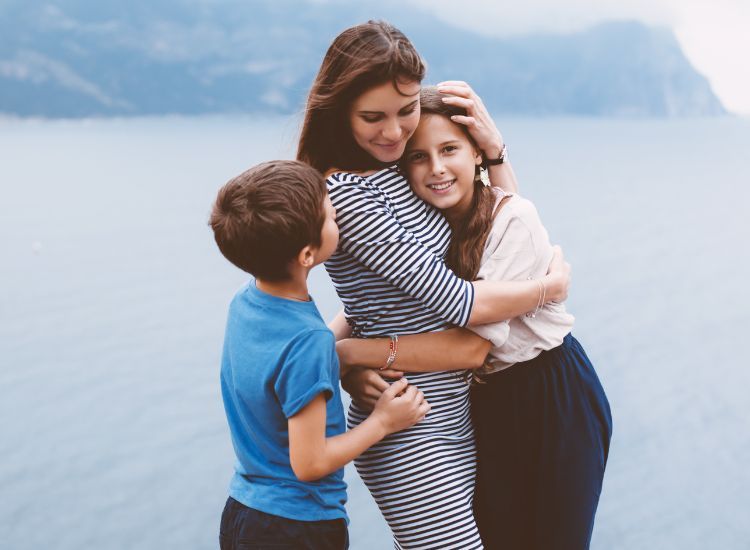
Tanya* had suffered a long history of physical and emotional abuse at the hands of her violent husband,...
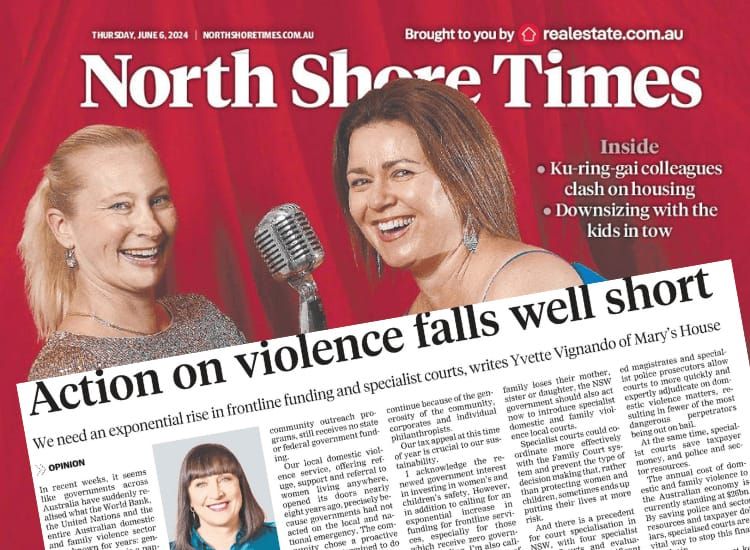
We need an exponential rise in frontline funding and specialist courts, writes Yvette Vignando of Mary’s...
No posts found
Categories
Say no to domestic and family violence in our community.
Subscribe to get the latest update, news & events.
Mary’s House Services acknowledges the traditional owners of the lands on which it stands and pay our respect to their elders past, present and emerging.
© 2024 Mary’s House Services. All rights reserved.
